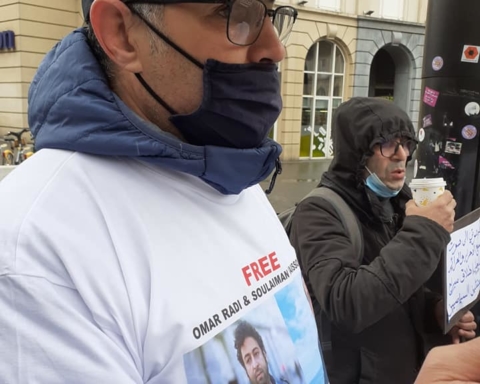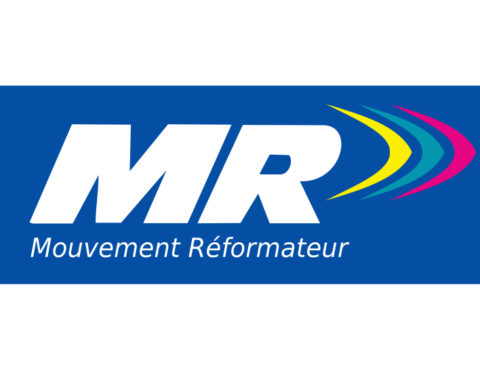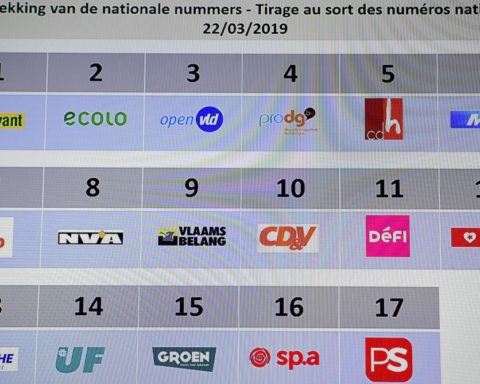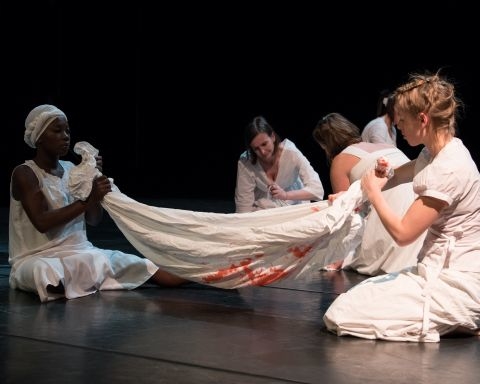In a press statement following its visit to Morocco in December 2013, the UN Working Group on Arbitrary Detention named Ali Aarrass as someone convicted on the sole basis of torture evidence, and called on Morocco to reform its penal code to prevent reliance on torture and the fruits of torture in terrorist cases.
Extracts from the group’s statement:
The group’s President-Rapporteur, Mads Andenas (Norway), its former President El Hadji Malick Sow (Senegal) and Roberto Garretón (Chile) conducted the visit, accompanied by members of the Secretariat of the Working Group of the UN High Commissioner for Human Rights and by UN interpreters. They conducted confidential interviews with detainees at Salé I and II prisons, prisoners at Tangier and Tétouan, and young offenders at Ain Sebaa, Casablanca, as well as visiting police at Casablanca, local commissariats and the transit zone at Mohamed V international airport, the safeguarding children’s centre at Temara and the psychiatric hospital Ar-Ramzi at Salé.
Some unannounced visits were made to police stations. They met representatives of the executive, the legislature and the judiciary, and had a number of working meetings with lawyers, victims’ groups and civil society groups.
The Working Group welcomes the government’s efforts to establish and consolidate a human rights culture in Morocco and hopes that the policy will prevent and stop all violations associated with arbitrary detention. The 2011 Constitution declared the primacy of international human rights law over domestic law, and introduced changes which are encouraging in human rights terms. The Working Group reminds the government that all proposed legal measures must conform strictly to all international conventions to which Morocco is party. The National Council on Human Rights (CNDH) and its constituent groups make a significant contribution to the promotion and protection of human rights, and the Working Group encourages the government and civil society organisations to continue working to strengthen the CNDH and to provide all necessary means to allow it to function well.
However, the Group has a number of concerns.
The anti-terrorist law adopted following the Casablanca attacks of 2003 and which is still in force, is the legal framework for numerous human rights violations. The law must be modified so that criminal allegations are made more precise, time in police custody is reduced and procedural guarantees of fair trial are instituted. We are concerned at the importance given to confessions in preliminary criminal investigations. The Group has been told, through interviews with detainees, that confessions obtained by torture form, in most cases, the basis of guilty verdicts. This was the position in the case of … Ali Aarrass (Opinion No. 25/2013) who was sentenced in November 2011 to 15 years’ imprisonment on the basis of confessions obtained under torture.
On this subject, the Working Group affirms that confessions made in the absence of a lawyer and without due process guarantees cannot be admissible as proof in criminal trials, particularly if the confessions were obtained during the period of police custody.
The Group also regrets the lack of systematic investigation of allegations of torture from numerous detainees and the continued imprisonment of many people sentenced on the sole basis of confessions obtained under duress.
The Working Group recommends as necessary and courageous the reexamination of the sentences of hundreds of prisoners sentenced following unfair trials, usually based on confessions obtained by torture and ill-treatment. It believes that ratification of the Optional Protocol to the Convention against Torture would help in bringing this odious practice to an end, and encourages the authorities to take this step.
Access to a lawyer from the beginning of police custody is a fundamental guarantee of due process. Article 66 of the Penal Code only allows this access halfway through the initial period of custody, makes it subject to the consent of the public prosecutor, limits such access to 30 minutes and denies the lawyer access to the file, and in these respects violates Article 14 of the International Covenant on Civil and Political Rights.
For whatever reason, we ascertained that lawyers do not intervene at all during the period of police custody. We regret that lawyers appointed by the criminal courts are not paid for such access. This does not guarantee an adequate defence. The Group also noted irregularities and instances of negligence in the keeping of police registers. For example, the dates of entry into and departure from police custody are of prime importance in regard to the deprivation of liberty. We noted too much reliance on provisional detention, to which almost half of those deprived of their liberty are subjected. According to Article 9 of the ICCPR, liberty must be the norm and detention the exception. On average 45 percent of those deprived of their liberty are detained before verdict, largely because of the absence of alternatives to detention. This accounts in large part for the excessive prison population noted by the Working Group.








